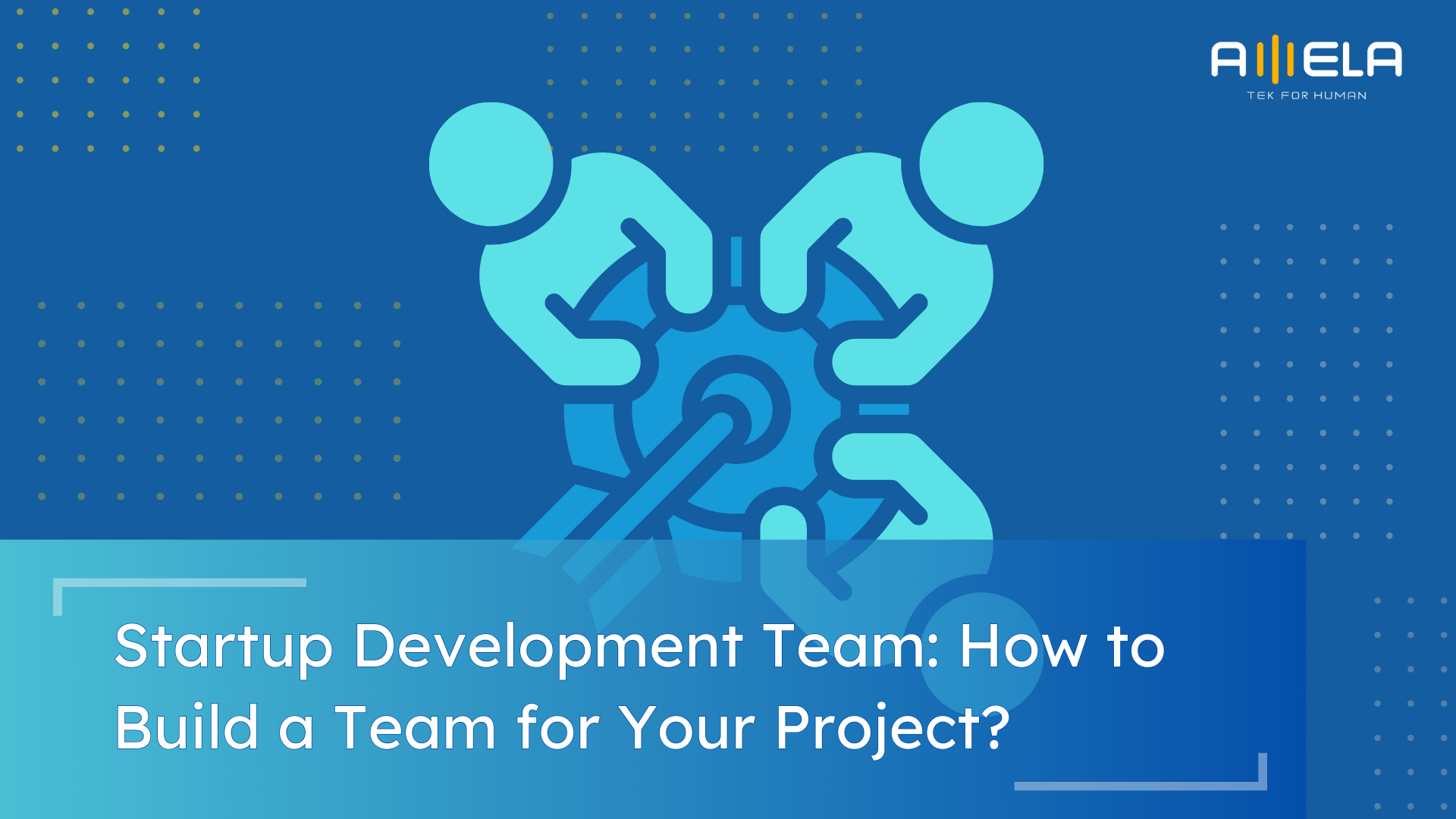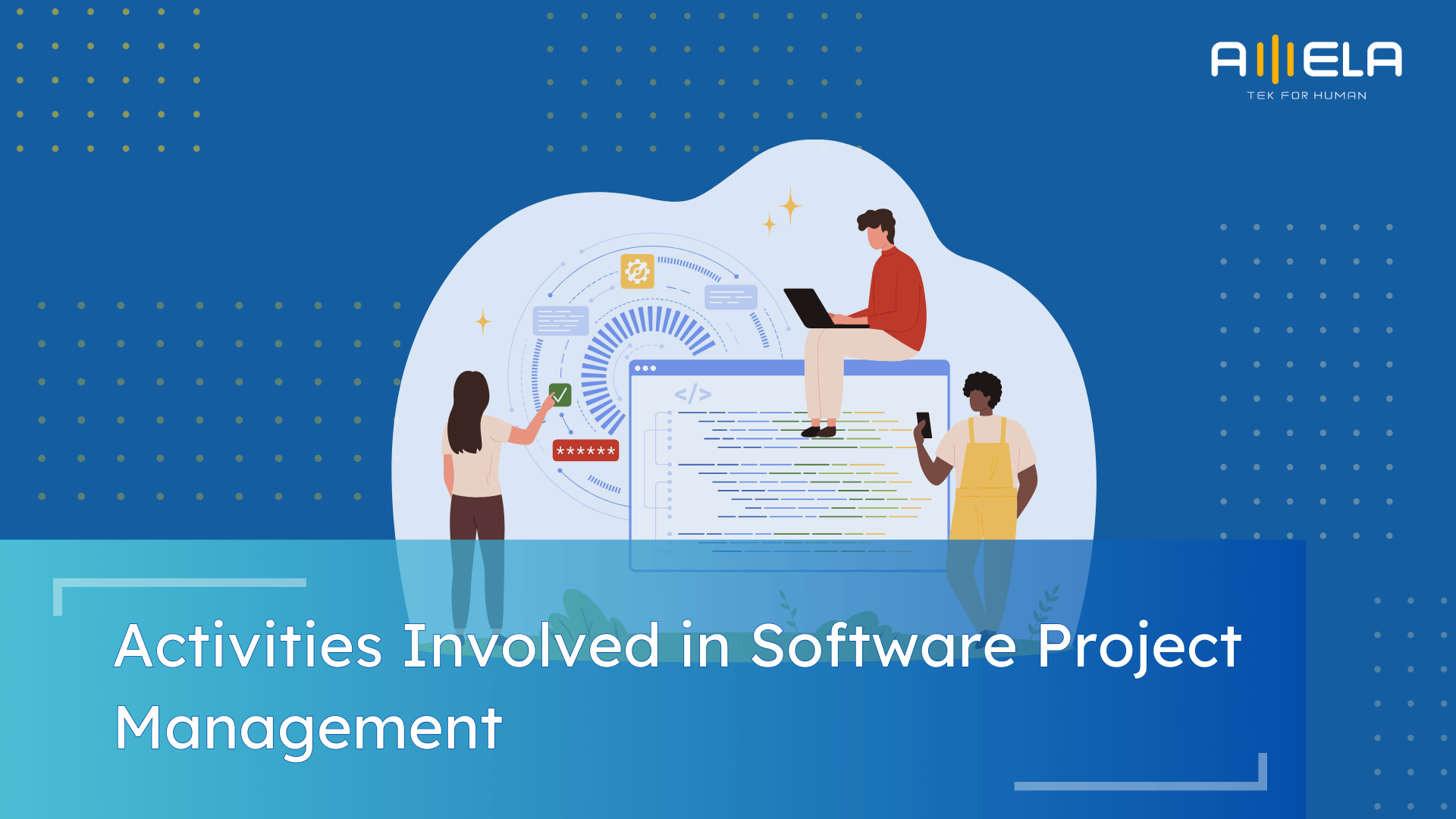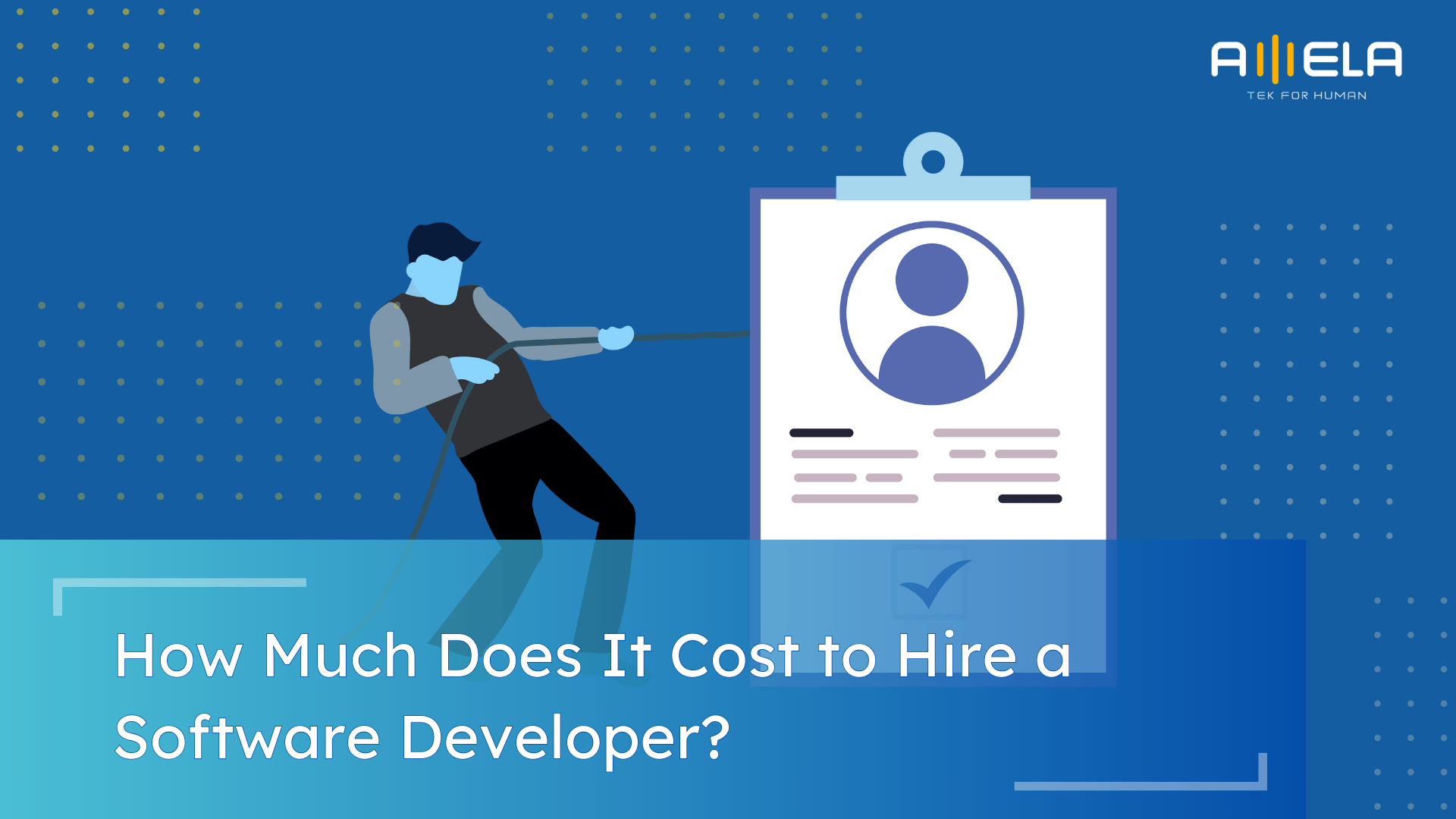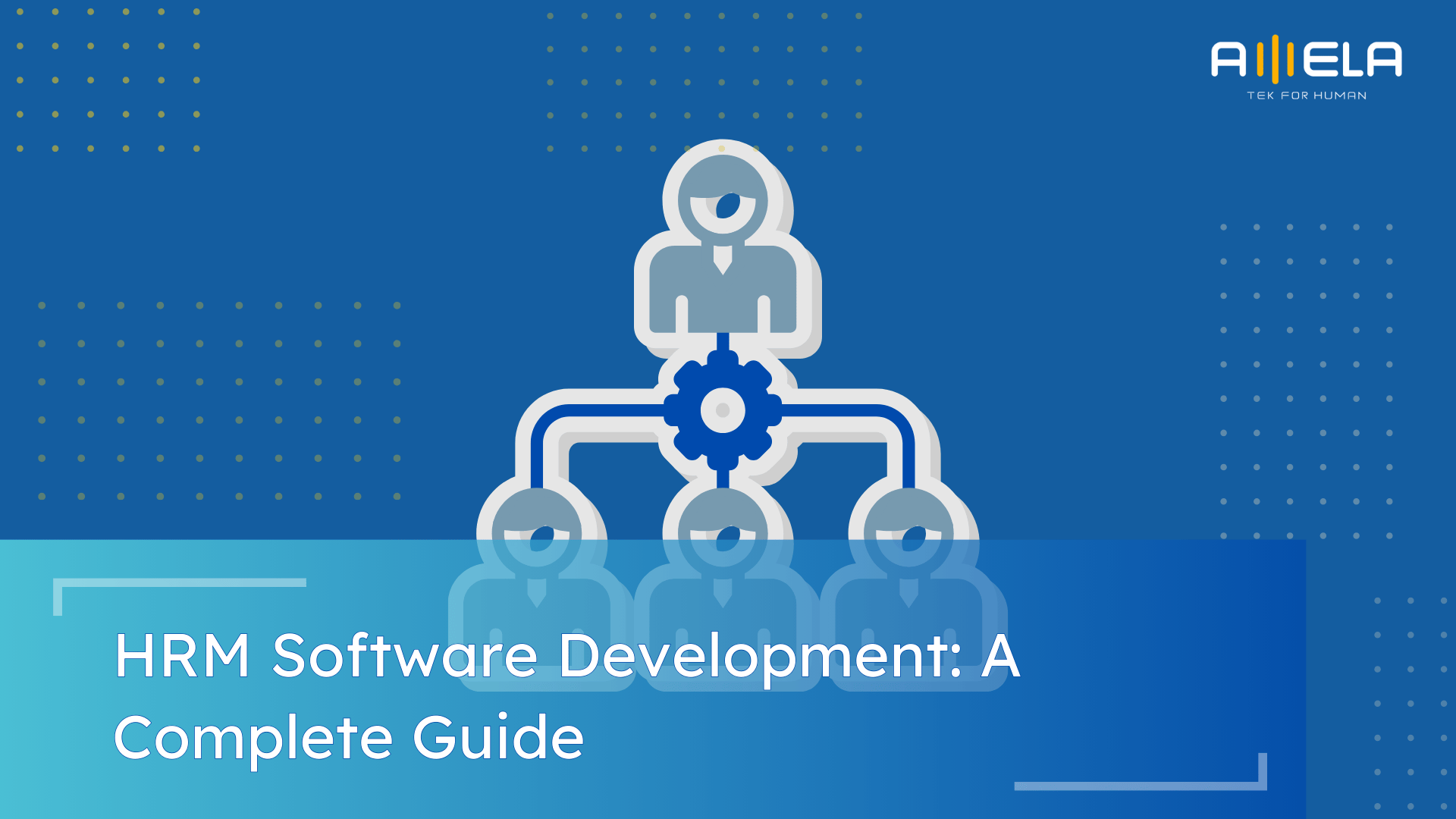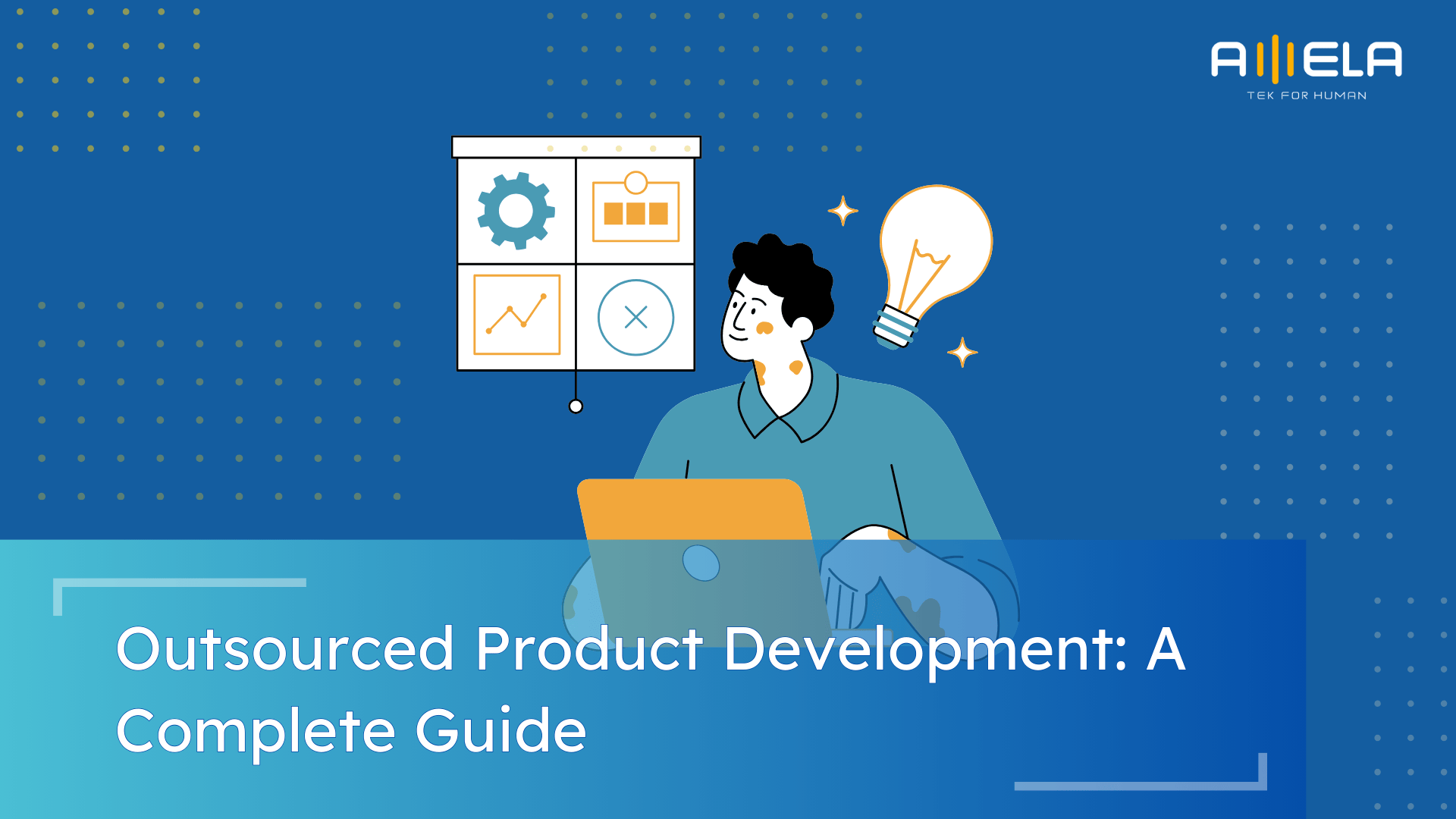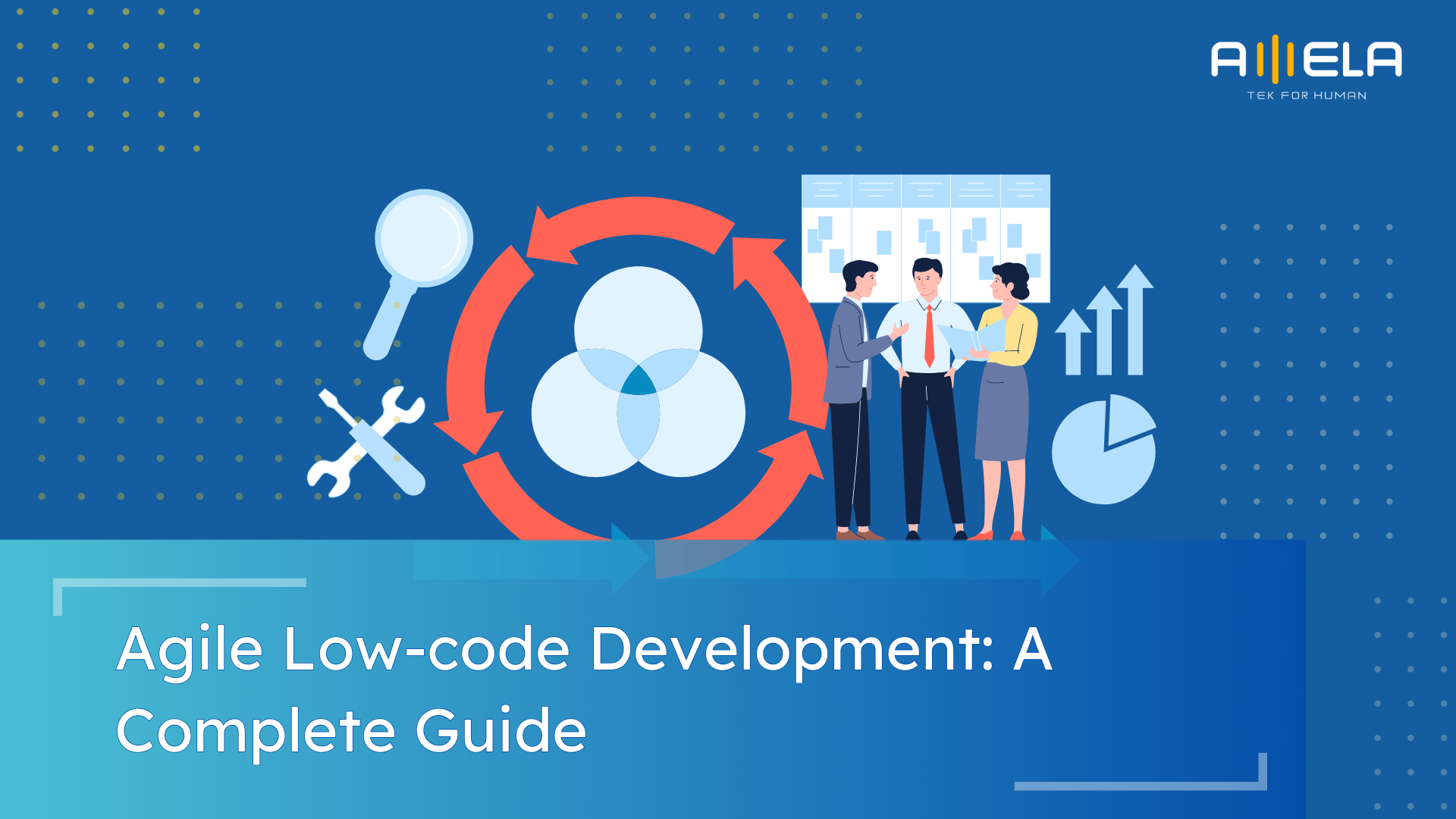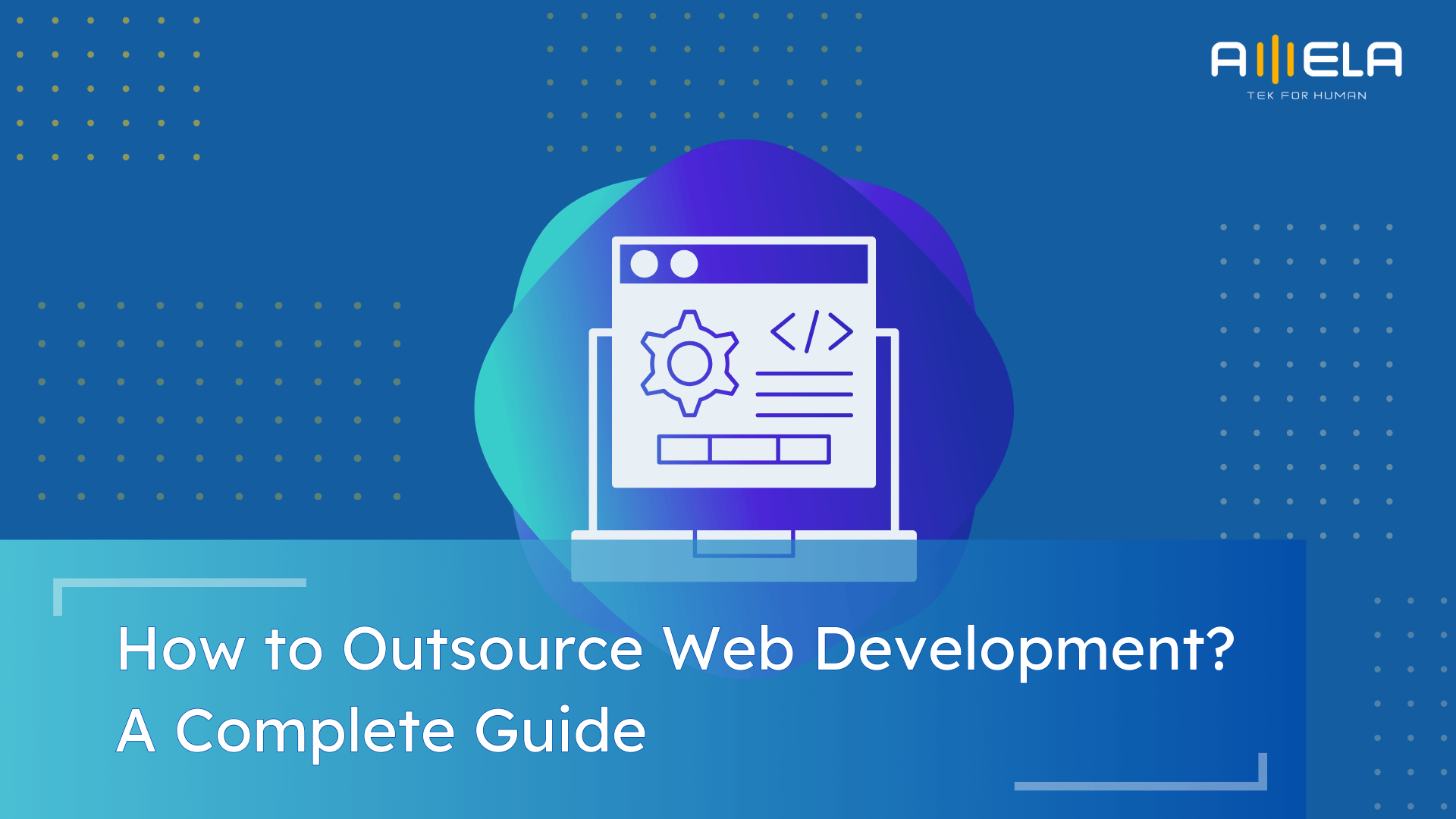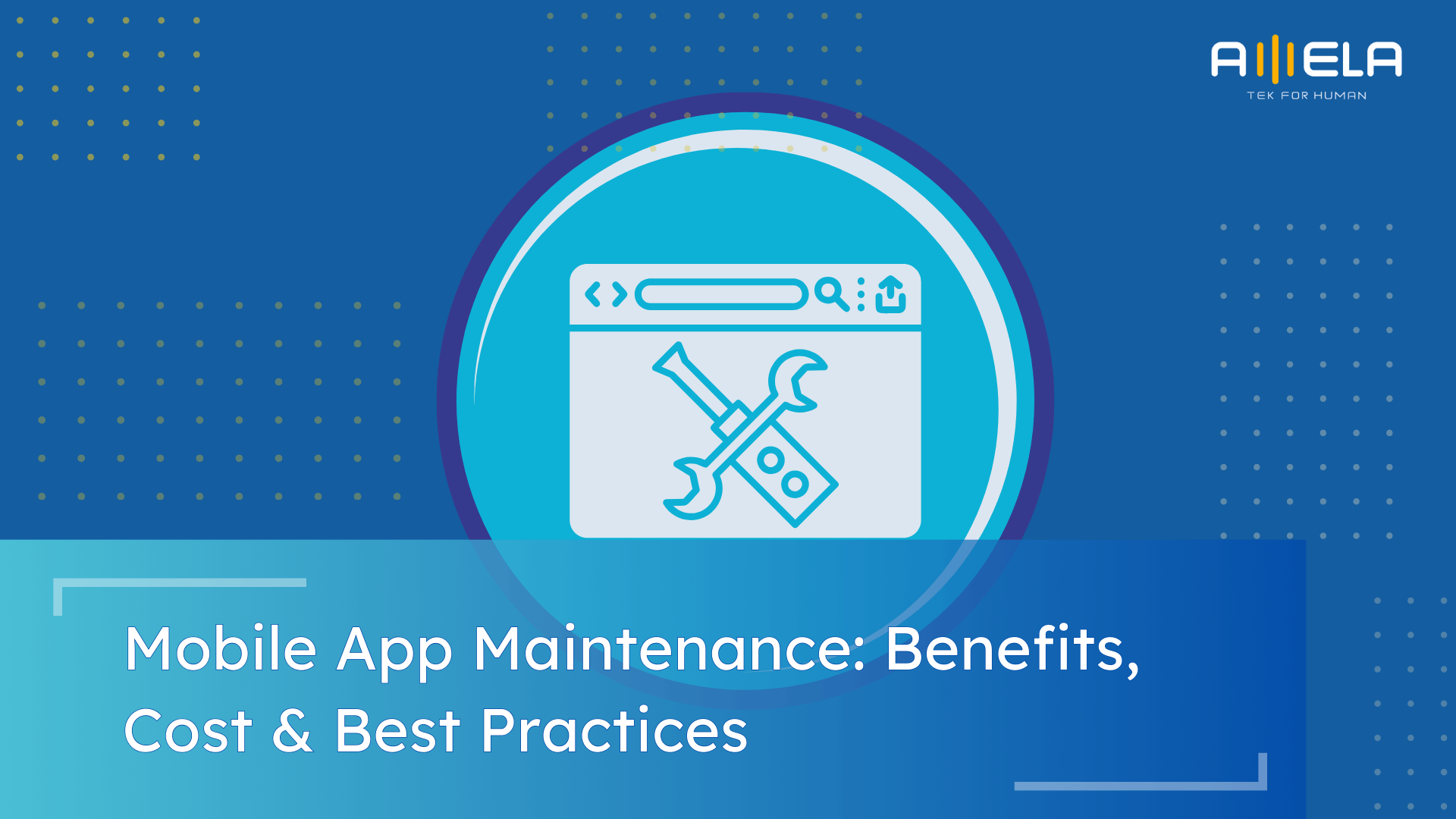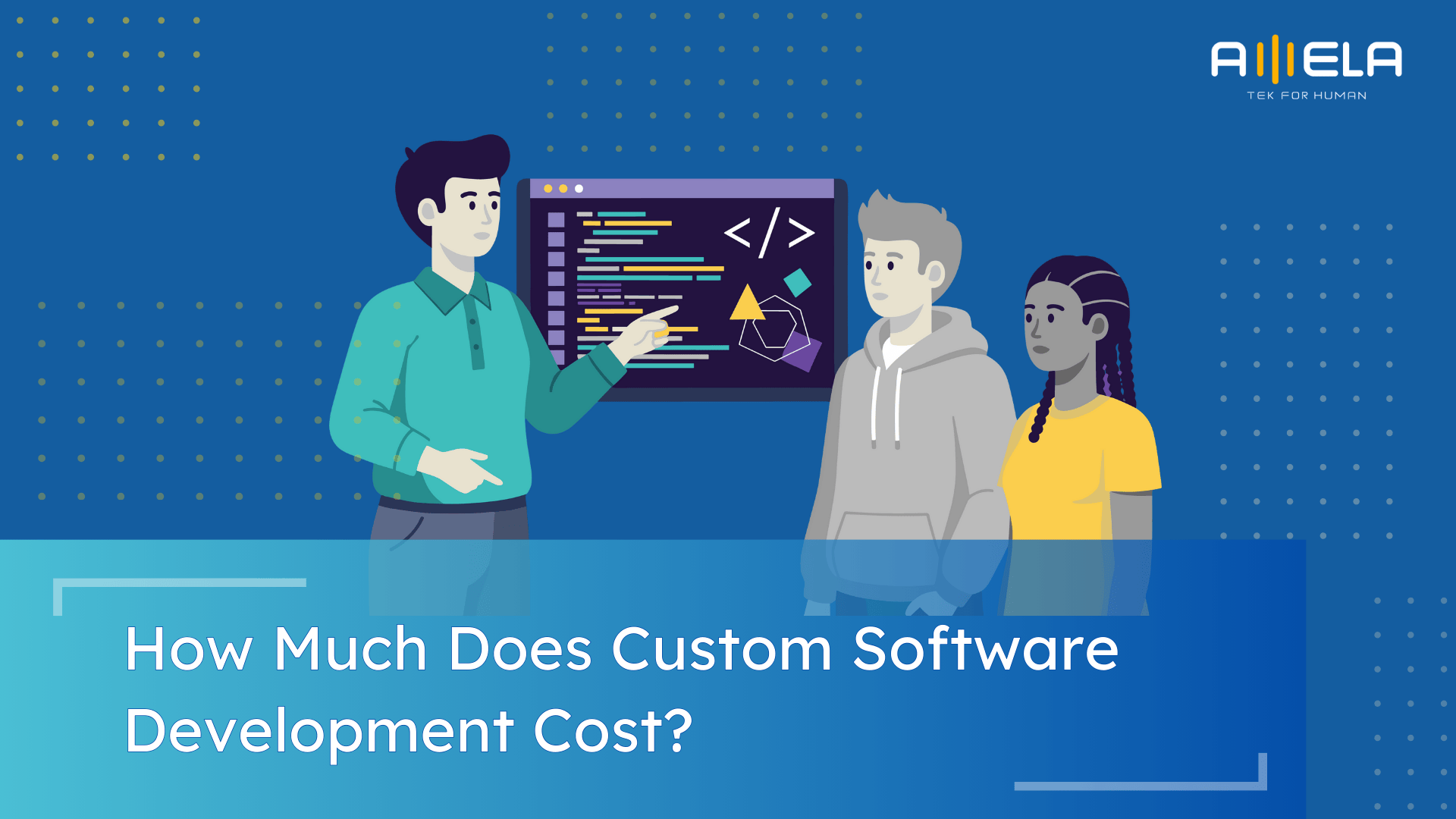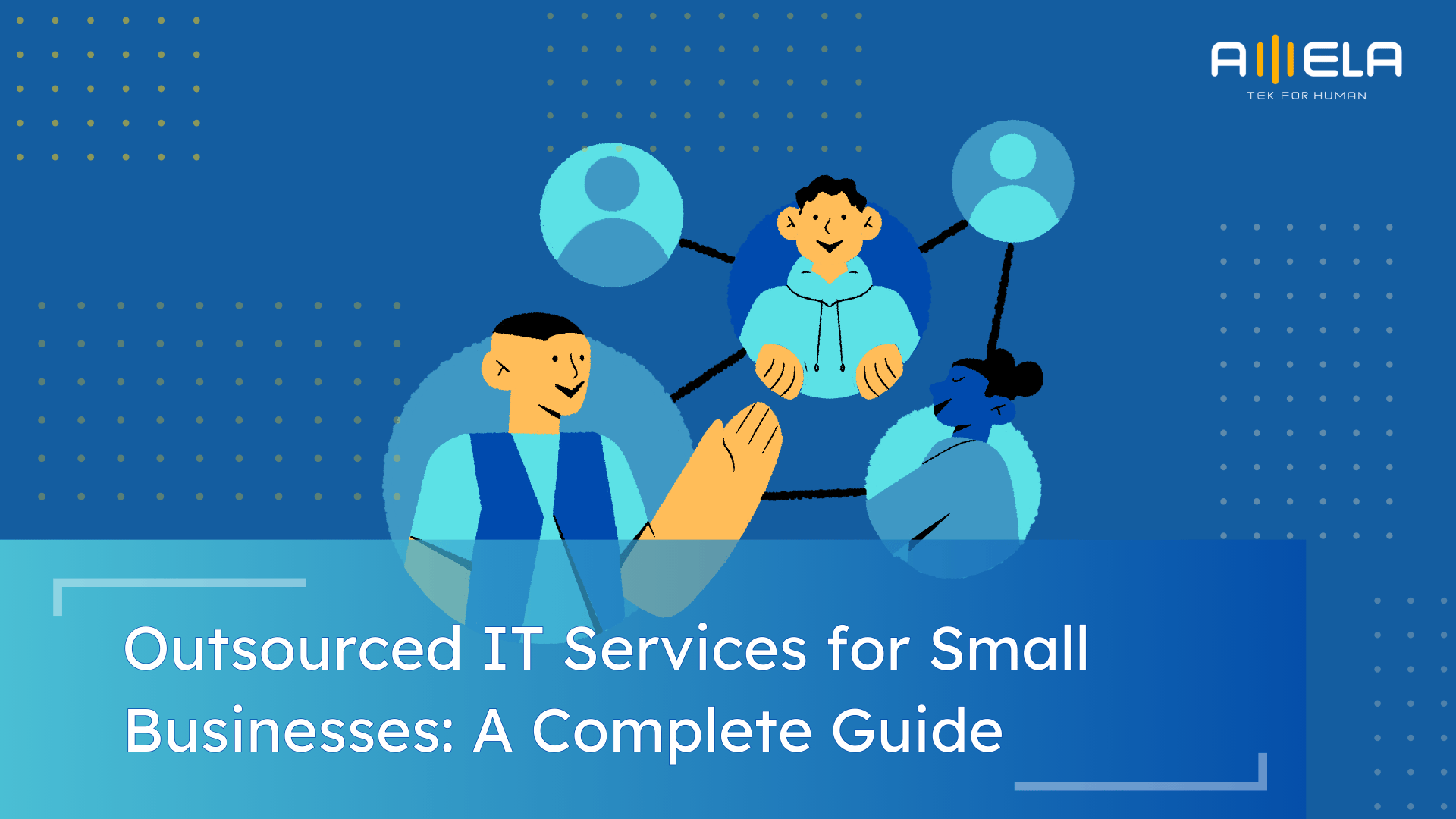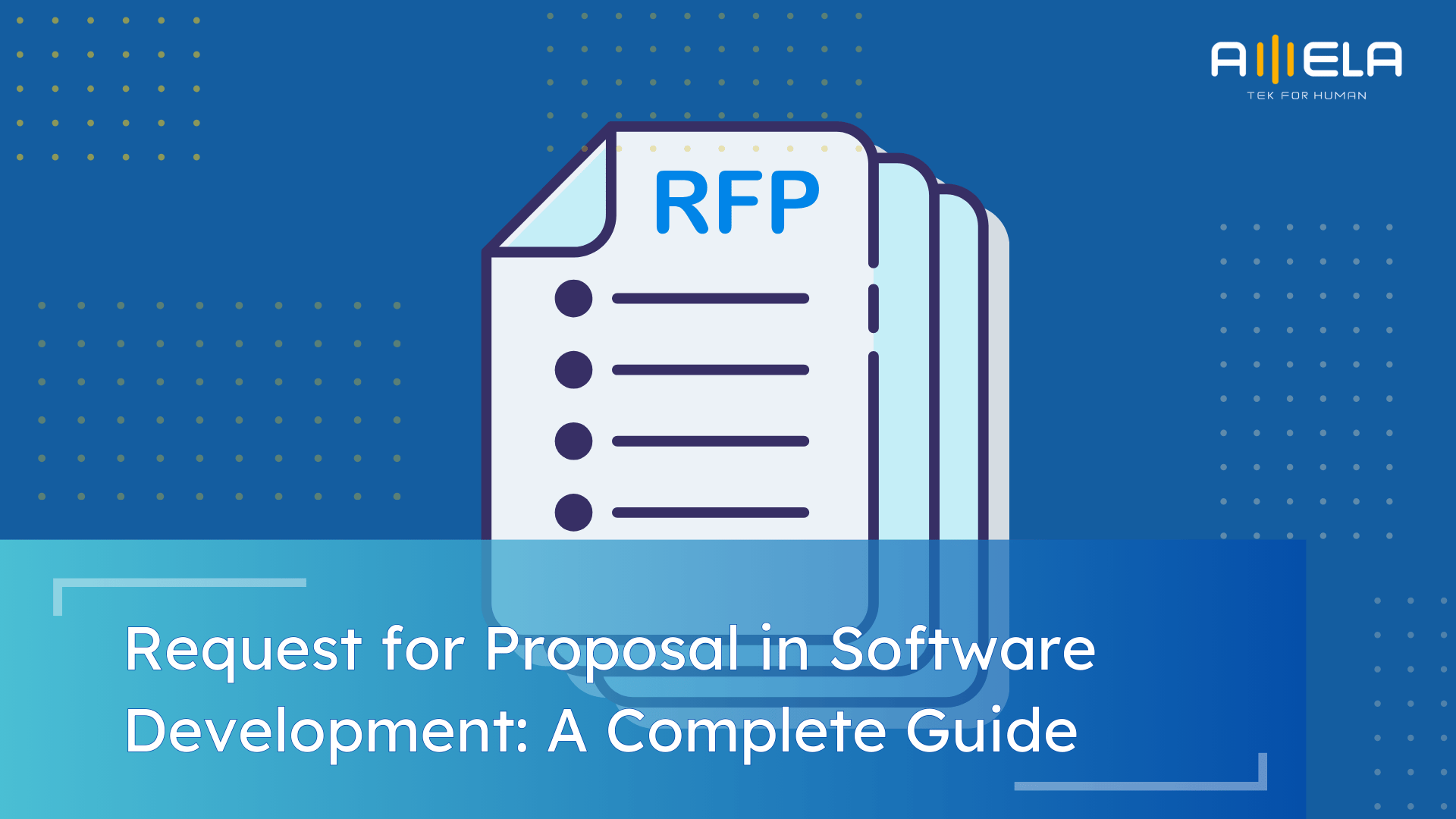How much does it cost to hire a software developer is one of the most common—and most misunderstood—questions in tech hiring. Rates vary widely depending on region, experience level, hiring model, and tech stack, which makes early budgeting difficult. This guide breaks down real-world costs, hidden factors, and practical ways to control spending, based on […]
This HRM software development guide is built from practical delivery experience and industry research, not theory alone. As organizations grow, HR operations become more complex—manual processes, disconnected tools, and limited visibility start to slow teams down. HRM software development helps businesses regain control by centralizing data, automating workflows, and supporting better workforce decisions at scale. […]
Outsourced product development has become a common strategy for companies looking to build, scale, or modernize digital products efficiently. As internal teams face increasing pressure around speed, skills, and capacity, many organizations turn to outsourcing product development to stay competitive without compromising quality. This guide draws from real project experience and credible market insights to […]
As IT systems become more central to growth and competitiveness, more companies are working with external technology vendors to accelerate delivery and access specialized expertise. The global IT outsourcing market continues to expand as organizations adopt cloud, AI, and digital platforms—while internal engineering capacity struggles to keep pace. From our position as an IT outsourcing […]
Agile low code development is reshaping how teams build software by combining fast visual development with disciplined Agile delivery. As organizations face constant change and pressure to ship faster, this approach helps teams adapt quickly without sacrificing structure, quality, or long-term scalability. What Is Low-Code Development? Low-code development is an approach to building software applications […]
To outsource web development is no longer a tactical cost move—it is a strategic decision to build faster, scale smarter, and reduce delivery risk. From our experience working with global clients, companies that outsource effectively gain access to proven expertise while keeping internal teams focused on growth and product direction. What is Outsourcing Web Development? […]
Mobile app maintenance is no longer optional—it’s a core part of owning a mobile product. According to Statista, there are over 5 million mobile apps available across major app stores today, and competition continues to intensify as user expectations rise. At the same time, both Apple and Google release major OS updates every year, forcing […]
How much does custom software development cost? In 2024–2025, most custom software projects range anywhere from USD 25,000 for a lean MVP to USD 500,000+ for enterprise-grade systems, depending on scope, complexity, and delivery model. According to industry benchmarks from Statista and Accelerance, labor cost, architecture decisions, and long-term maintenance now account for the majority […]
Outsourced IT for small businesses has become less of a cost-cutting tactic and more of a growth strategy. From what we’ve seen working with small teams across different industries, technology quickly becomes a bottleneck once the business starts moving faster than its internal IT capacity. Hiring is slow, expertise is fragmented, and founders often end […]
Request for proposal software development has become a critical step for organizations aiming to reduce delivery risk and select the right technology partner. According to PMI’s Pulse of the Profession report, poor requirements management is a leading cause of project failure, contributing to wasted budget and missed timelines across IT initiatives. At the same time, […]

